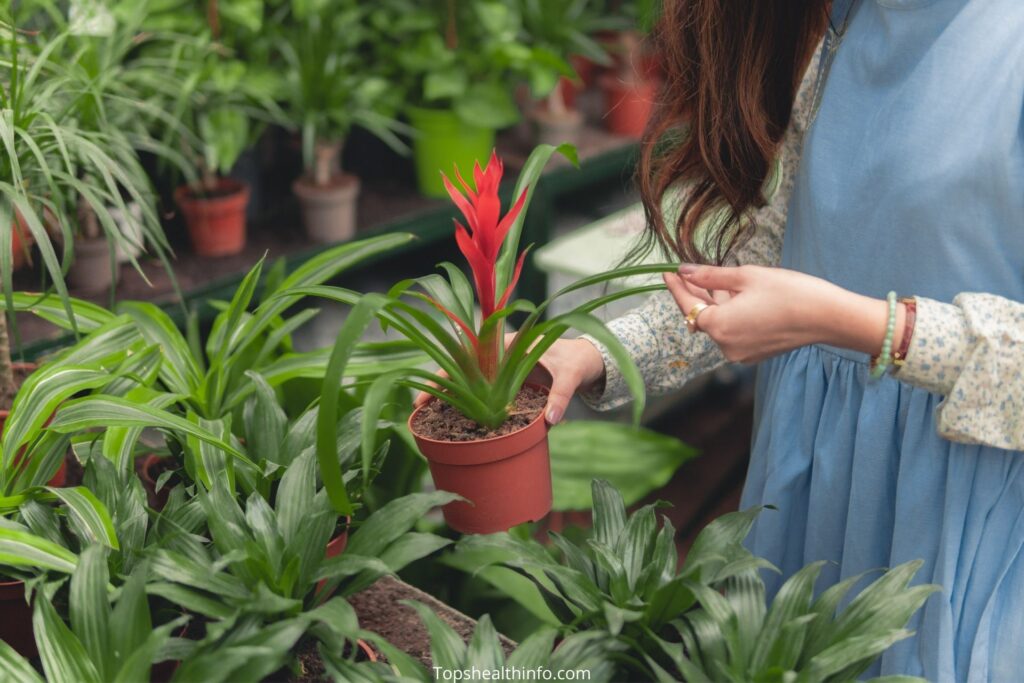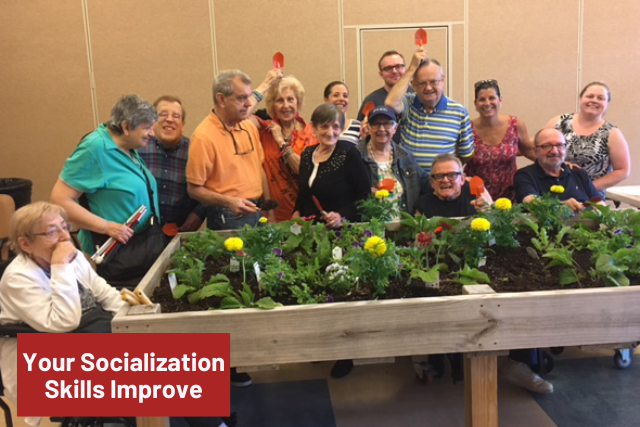
What is Horticultural therapy definition? Even as a kid, I always looked forward to our family’s weekend trips to my grandparent’s house about half an hour away, just so I could help him in his long, narrow, but very functional backyard. You see, grandpa had a vegetable garden, and whenever we went over, he’d always tell me he had “Loads to do today, kiddo, so gonna give me a hand?” – stringing up beans, cropping tomatoes and strawberries, planting winter seeds, and so on.
One of my favorite memories of childhood summers.
Grandma and him ate everything that came out of that vegetable plot. He even kidded me once he ate the slugs, too, when grandma wasn’t looking, but, even at my tender age, I knew he was trying to put one over on me, with his wry grin, and in his friendly, wrinkly, kind-old-man way.
I never went to his funeral. I hated myself for that. However, the sad day that came around, I was high as a kite, and drunk too (as usual), and I’d even forgotten where the service was going to be held. I could have found out, I guess, but I’d stopped talking to my family by then, and they would’ve hated me even more if I had actually (and miraculously) found the temporary clarity to turn up.
I got sober not long after that, thanks to my parents (believe it or not), who finally found where I was living, and, without a word, threw my tired, drunk carcass in the backseat of our family car, and drove me to a pre-arranged meeting at a Philadelphia drug rehab. I walked (well, shambled, really) in their front door, thinking only of where I was going to get my stash for that night. I ended up not leaving. In fact, I stayed for nearly 4 months.
That was over 8 years ago now. I have been clean and sober ever since. I guess I’ve changed a lot in that time, but those weekends gardening at Grandad’s house are still one of my favorite memories from my short life before addiction found me.
Already with a love and fascination for the ways and benefits of horticulture, my favorite sessions in rehab were our gardening therapy. It was one of the few places I could find peace, and lose myself in the natural growth around me. However, I quickly learned it had other benefits too, especially for those in addiction recovery.
Horticultural Therapy Helps in Addiction:
1- Your Socialization Skills Improve

In our rehab, horticultural therapy was a group activity that everyone engaged in. There’s a reason for that. Addicts often forget their communication skills when interacting with others – part of the poor behaviors that addiction prompts. When working together, however, in a communal setting like a therapy garden, these skills are re-established.
The horticultural therapist leading the session will tell you about Horticultural Therapy benefits – however, each person must communicate with their peers to better understand the tending and organization of the garden. So you should find the best Horticultural activities area or therapy institute.
2- Your Physical & Mental Health Improves

Horticultural therapy program has many health-related benefits – too numerous to mention here. However, here are a few of the aptest for those in addiction recovery:
Physical Health
● Exercise: Working in a garden offers a mild period of exercise, with the odd strenuous moments thrown in – digging, lifting, and stretching. Because it’s unlike exercising in the passively stationary environment of a gym, it doesn’t get boring either.
● Sunlight: Our bodies create vitamin D when we expose our skin to sunlight. This vitamin is often lacking in addicts, because of their lifestyle and their isolation. Exposure to natural sunlight during horticultural therapy creates more vitamin D, making you more alert and energetic.
● Sleep Quality: Recovering addicts suffer from sleep problems, and this therapy, with its exposure to sunlight and physical activity, helps to relax and leads to better sleep patterns and quality of sleep.
Mental Health
● Anxiety & Stress: Gardening will naturally reduce levels of both anxiety and stress.
● Depression: Gardening is highly therapeutic for those who suffer with either clinical depression, when accompanied by counseling and the appropriate medication, or a depressed mood.
3- Your Self-Esteem Improves

Growing plants is creation, and creativity is a rewarding feeling, especially with horticultural therapy when others benefit by eating the produce grown.
4- Your Anger Management Skills Improve

All addicts are angry people. If any addict disagrees with that, they’ll argue about it – guaranteed! Working in a garden helps release those feelings of anger, frustration, and irritability that all recovering addicts experience.
How Does Your Garden Grow?
Addiction is medically defined as a chronic, relapsing brain disorder. Like all chronic diseases, it takes time for the treatment and associated therapies to work. Gardening and Neuropathy therapy has been proven to be a valuable therapy for successful addiction recovery and Diabetics, with many benefits, such as those provided here:
● Your Socialization Skills Improve
● Your Physical & Mental Health Improves
● Your Self-Esteem Improves
● Your Anger Management Skills Improve
My best wishes for your journey to addiction recovery.
